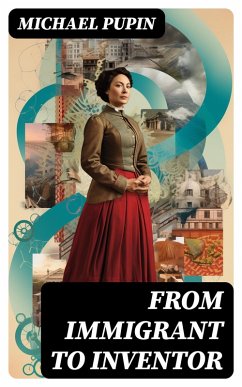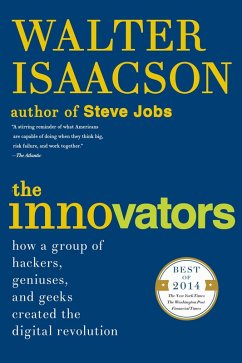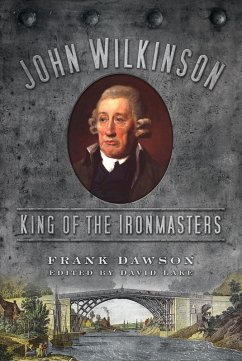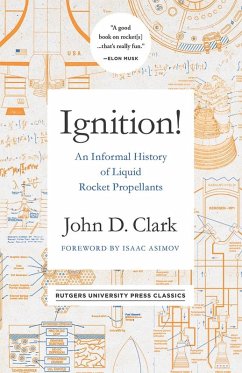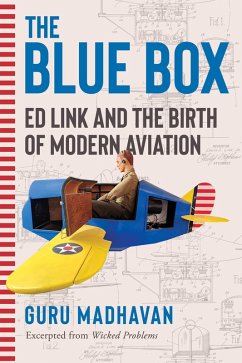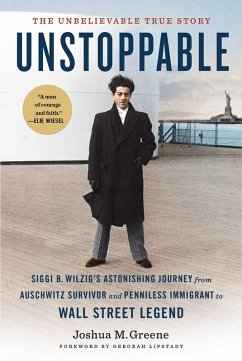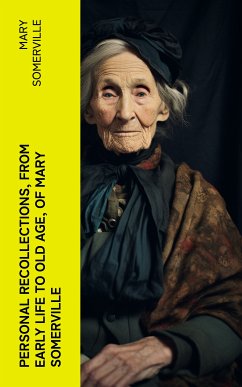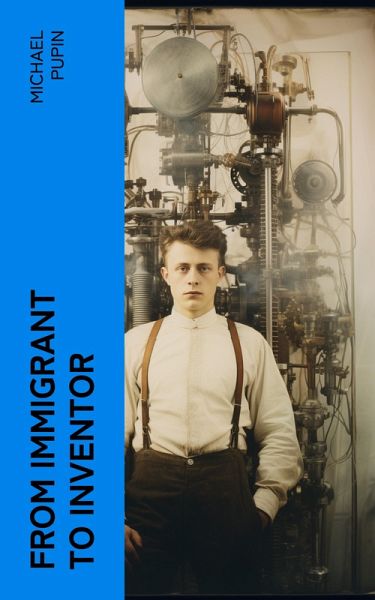
From Immigrant to Inventor (eBook, ePUB)

PAYBACK Punkte
0 °P sammeln!
The author, Michael Pupin is the subject of this book. He came to America as a Serbian immigrant and developed his skills in electro mechanics there. He states that the purpose of writing the book was "to describe the rise of idealism in American science, and particularly in physical sciences and the related industries."
Dieser Download kann aus rechtlichen Gründen nur mit Rechnungsadresse in A, B, BG, CY, CZ, D, DK, EW, E, FIN, F, GR, H, IRL, I, LT, L, LR, M, NL, PL, P, R, S, SLO, SK ausgeliefert werden.




